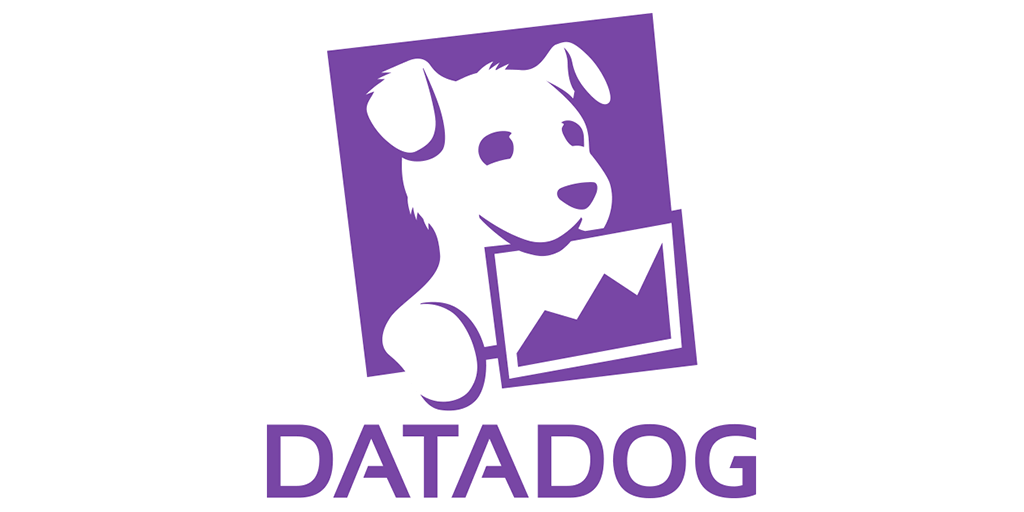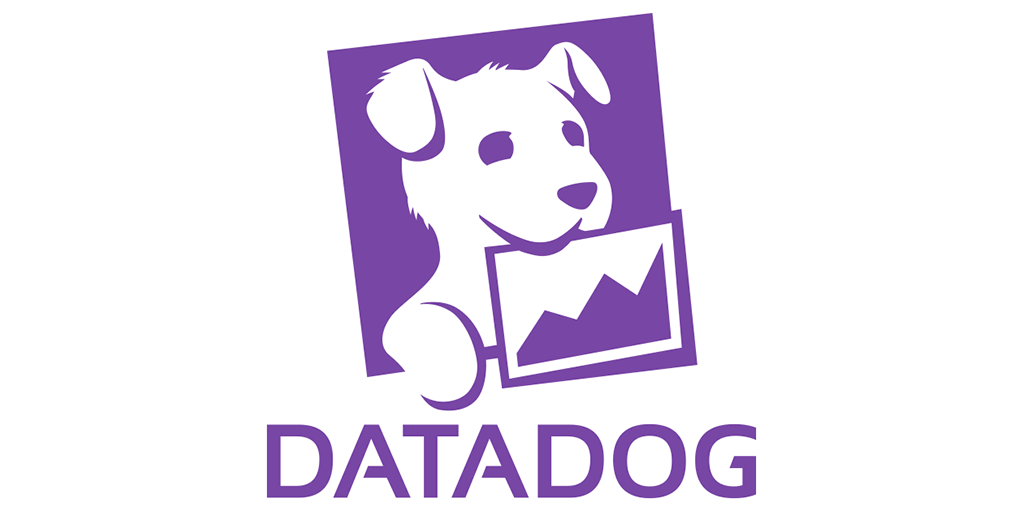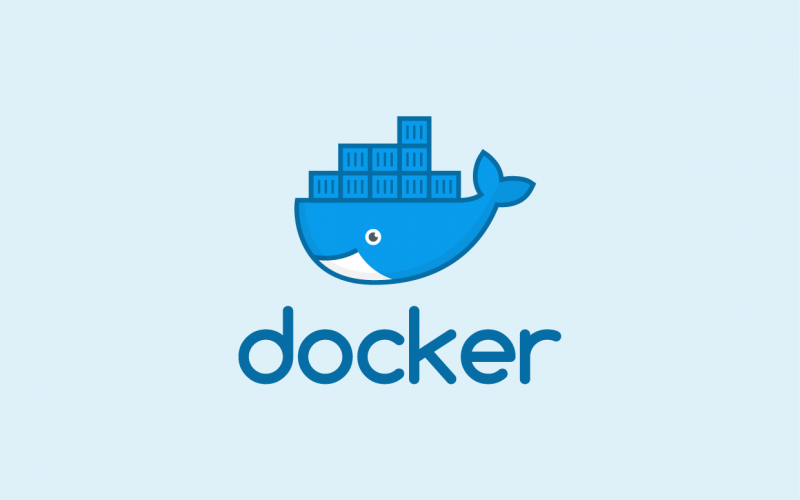Episode 100. To the CLOUD… Which one? All of them!
Yeah! so we have been working with the cloud for a while, terms like K8s, EC2, Route53, BlobData, CLI has been swinged around… and is a little mysterious, and sometimes looks like a black box where you just click buttons, add things, type commands, until it finally something good happens. But if something bad happens, we tend not to have the slightest idea on why!
Never fear, on this episode of PubHouse we start from the very beginning on describing (And dismantling) what the “Cloud” really is… Starting on how we got there, what are the different “components” of most clouds, and how to reason about them.
This way, the next time something unpredictable happens, you will know exactly where to start troubleshooting and how to navigate this space! This is the first episode of a series (probably a series of 2) on Cloud technologies. So if you never been exposed to the cloud and you’re curious, or even if you’ve been working on it but everything sounds mysterious, then dive in!

We thank DataDogHQ for sponsoring this podcast episode
Don’t forget to SUBSCRIBE to our cool NewsCast OffHeap!
http://www.javaoffheap.com/
Intro to AWS
https://docs.aws.amazon.com/whitepapers/latest/aws-overview/introduction.html
What is Elastic Load Balancing
https://docs.aws.amazon.com/elasticloadbalancing/latest/userguide/what-is-load-balancing.html
What is Amazon Route 53
https://docs.aws.amazon.com/Route53/latest/DeveloperGuide/Welcome.html
EC2 vs ECS vs Lambda
https://www.cloudzero.com/blog/ecs-vs-ec2
Intro to Azure Fundamentals
https://docs.microsoft.com/en-us/learn/modules/intro-to-azure-fundamentals/
Azure Containter Registry
https://azure.microsoft.com/en-us/services/container-registry/#features
Azure Compute
https://azure.microsoft.com/en-us/services/virtual-machines/#overview
Do you like the episodes? Want more? Help us out! Buy us a beer!
https://www.javapubhouse.com/beer
And Follow us!
https://www.twitter.com/javapubhouse
















Recent Comments